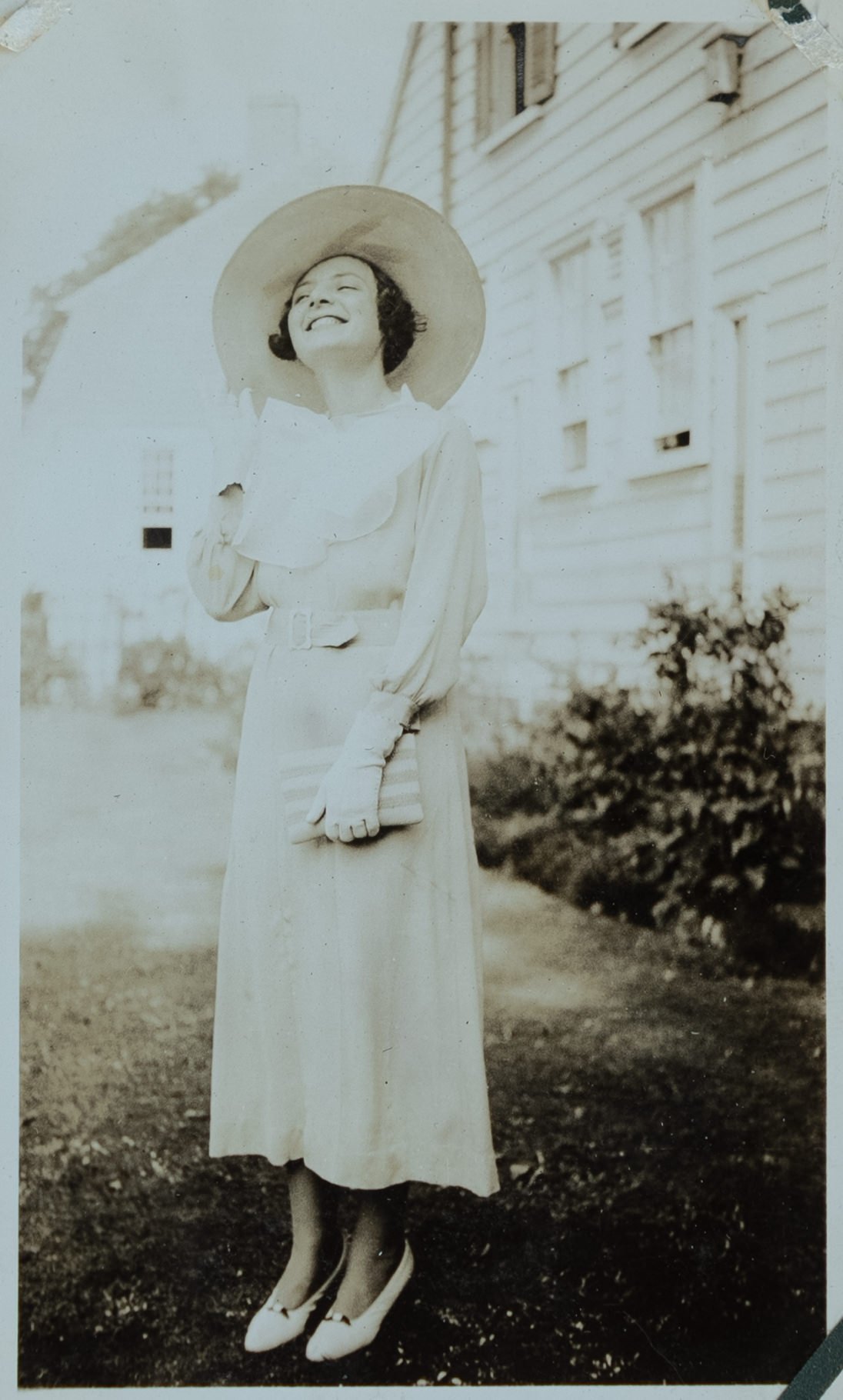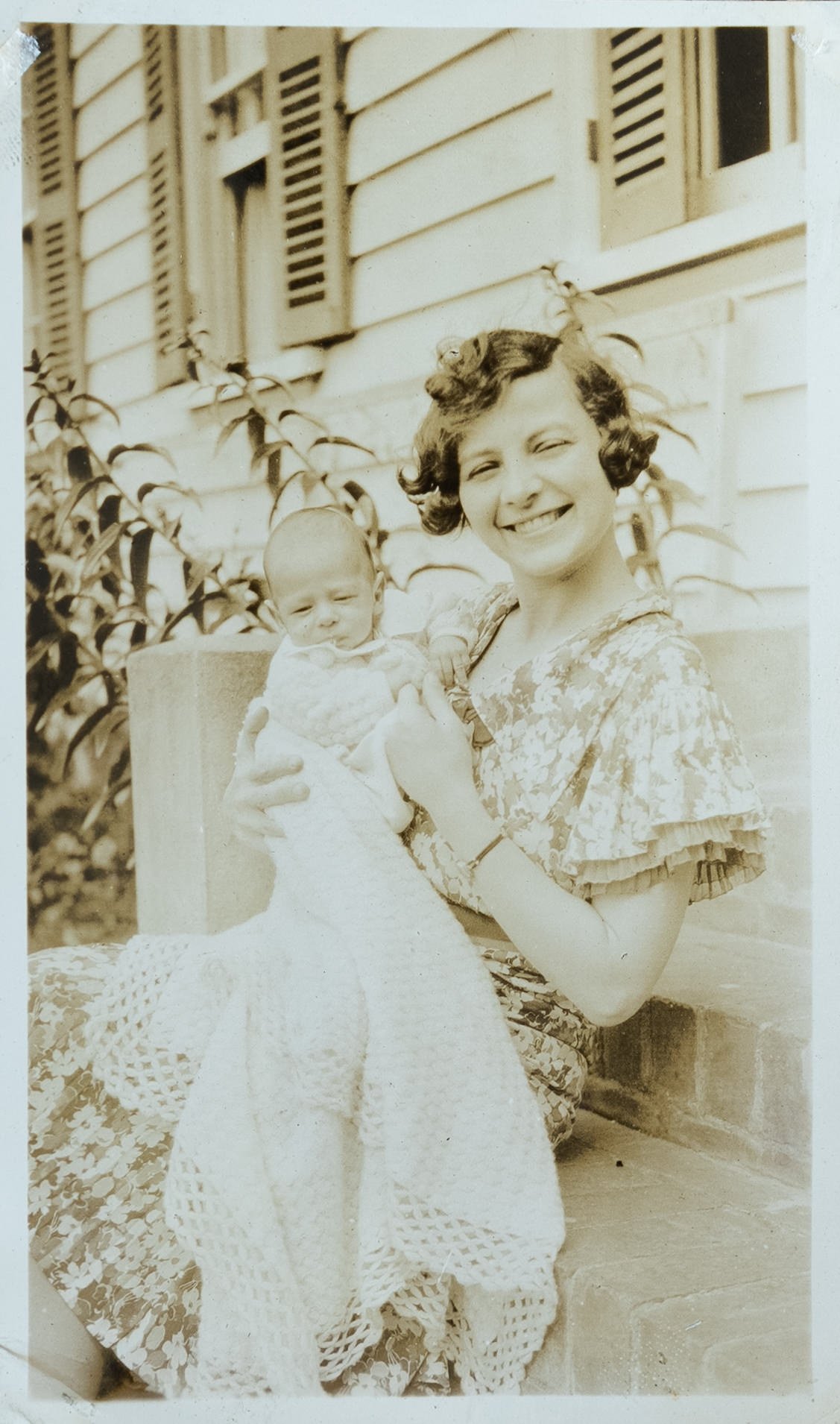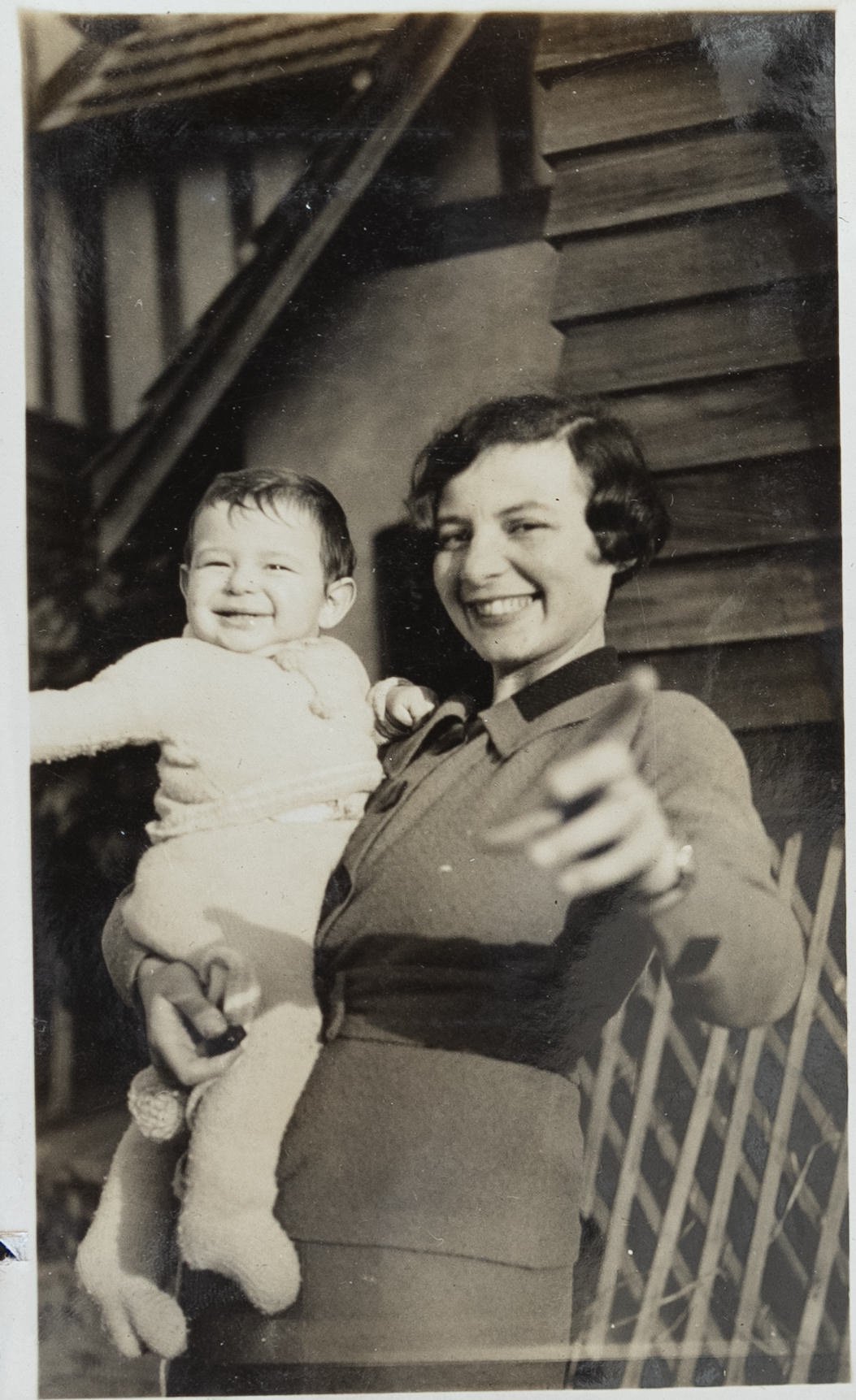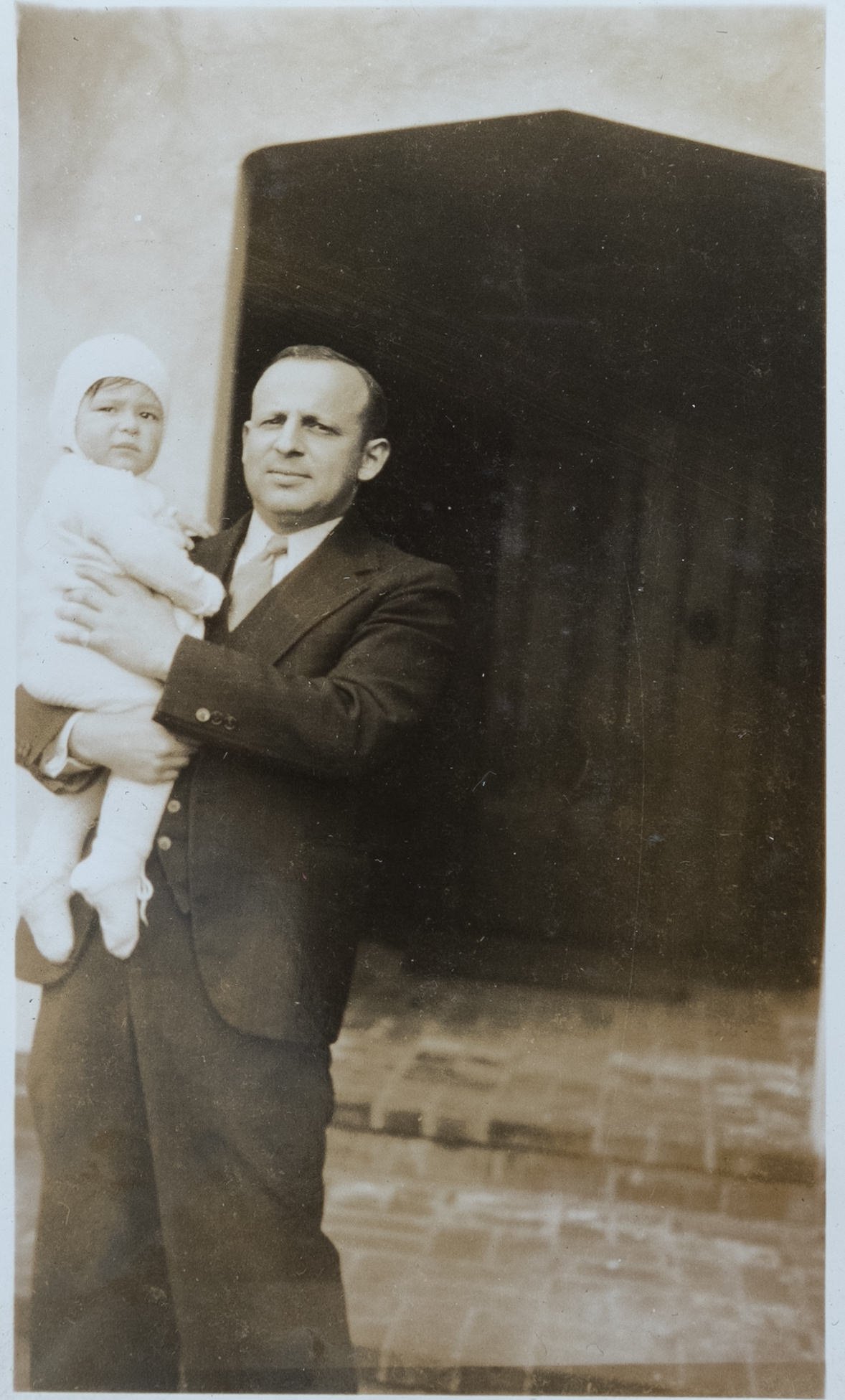Roger & Barbara Moses
Barbara and Roger Moses
Kenneth Moses, died in 1941 in Battle of Crete.
When Roger Moses was born 1942, his father was away at war, serving in the Solomon Islands. Roger was two years old when he met his father, Sidney. His older sister Miria was born in 1938. Roger was named after his uncle Ken Moses who was at that time, missing in action in World War Two. While the family waited to find out the fate of his Uncle, Roger become known by his middle name. The family subsequently learned that, tragically, Uncle Ken was killed in action.
Roger attended Karori Normal, then Wellington College, where he was a keen sportsman. Cricket became his major sporting love and lifelong interest. During primary school cricket skirmishes, Roger met Blair Wingfield who became a life-long best friend. Roger left Wellington College with University Entrance after four years, and began work, along with part-time study for a B.Com at Victoria University.
In 1962 Roger transferred to Auckland University where he was reintroduced to Barbara Paykel. The story goes that they first met at the Duke of Marlborough Hotel in Russell, when she was 4 and he was 7. In fact, Roger and Barbara’s family stories were intertwined. Roger’s maternal grandparents, Rev Solomon and Mrs Bina Katz gifted Joshua Paykel, Barbara’s father, a book on the occasion of his Bar mitzvah in 1913.
Rabbi Solomon and Mrs Bina Katz
Rabbi Katz had served as the junior Minister to Rabbi Samuel Goldstein in Auckland, for nine years from 1911. In the 1920s he studied at the Jewish theological seminary in New York and and in 1931 moved back to New Zealand to serve as Wellington’s spiritual leader until his death in 1944.
On the Moses side of the family, Roger’s grandfather, Claude, was a dentist who invested in the Maple Furniture Company started by his brother, Harold. He served two terms as president and one as secretary of the local Jewish community in Auckland.
LH: Simeon & Hattie Moses. Back Row: Sidney Meinrath, Rev Einfeld, Julie Moses (nee Meinrath), Clive Meinrath, Arnold Meinrath. Seated: Miriam Moses, Claude H Moses, Rosetta Meinrath. Children in front: Delphine Goldsmith, Arthur Goldsmith, Leah Braham.
Sid Moses, Isle of Man TT races, 1933.
Roger’s father, Sidney, was well known in the Wellington community, having served as managing director of the Maple Furniture Co., Ltd; president of the New Zealand Retailers Federation, and in 1967 as chairman of New Zealand’s Decimal Currency Board, which oversaw this country’s transition from pounds to dollars. In 1980, Sidney was named a Commander of the Most Excellent Order of the British Empire (CBE). As a younger man, Sidney won honours in a completely different field – he was a champion road-racing motorcyclist, winning the New Zealand title three times. He also represented New Zealand at the International Tourist Trophy Races in the Isle of Man, United Kingdom.
Sid and Dorothy Moses, Wellington
Roger’s wife, Barbara, recalls that Roger’s family had a real public service ethic and was quite prominent in Wellington. Roger’s mother, Dorothy (née Katz) was the Wellington correspondent for NZ Woman’s Weekly and had the opportunity to meet many celebrities. She covered the royal tours, meeting royal family members and attending cocktail parties on royal yacht Britannia. On one occasion Roger remembers his parents hosting a visiting Jazz singer and being sent to the local fish and chip shop to pick up the entrée. The international guests were served fish and chips wrapped in newspaper.
On Barbara’s side of the family, she tells the harrowing stories of grandparents on both sides of her family, who left Csarist Russia to escape the pogroms in the late nineteenth/early twentieth century. Her mother, Eva Stern, was born in Odessa Russia in 1904. In 1905 there was a terrible pogrom. When Grandpa Charles (Chaim) Stern was called into the Csar’s army in 1906, which was considered a virtual death sentence, the family fled. Charles and his wife Manya emigrated to America and fully embraced the freedom and opportunity afforded them.
Barbara’s paternal grandparents, Max and Ida Paykel, arrived in New Zealand after a brief stint in America. While the new land was not what her grandpa expected, he and his family soon adapted to the conditions, setting up a general store in Matakohe, Northland and eventually getting into the kauri gum business. Townspeople often paid for their goods with kauri gum, which could be used in varnishes and various resin-based products. Barbara tells how her grandfather worked very hard, hauling sacks of supplies up from the boat. Her grandma had never seen a Māori person before. According to Barbara, “They were very kind to her, as she was to them”. Her grandparents became affectionately known as Mr & Mrs Jew. Max later moved to Auckland to be closer to a Jewish community. He became successful in the wool and hide business and was elected as secretary-treasurer of the Auckland Hebrew Congregation.
Barbara’s mother, Eva Stern, was a talented classical pianist who was making great strides in her career in New York. She met Joshua Paykel when he was studying at Harvard university. They married in 1931 at the height of the depression. They had their first son, Eugene in 1934, daughter, Suzanne in 1936 and Barbara was born in 1945 in Auckland, (a “planned afterthought”, according to her parents), in the family home that she and Roger would later purchase.
Eva and Joshua Paykel
From left: Joshua, Eva, Esphir and David Bolot, Hillel Korman and daughter Mary(?)
After moving to New Zealand, Eva continued to perform, giving recitals and performing for live broadcasts. She played chamber music with émigrés, European Jews who came to New Zealand after World War Two. They were highly cultured and in addition to careers such as medicine, played music as a past-time.
Barbara Moses pictured with her mother’s steinway piano.
As a child Barbara remembers lying under the Steinway piano, which her father had purchased as a wedding gift for her mother, while her mother played. The music would often move her to tears. Her father died in 1962 at age 62 when Barbara was 17 years old. Eva Stern never broadcast again. She lived another 29 years and while she continued to play the piano, she didn’t give any more recitals.
Barbara’s brother, Eugene Paykel, went on to qualify as a medical doctor at Otago University. He became a Professor of Psychiatry and Head of Department at Cambridge University, Fellow, Gonville and Caius College and later Professor Emeritus. He was well known for his research work on depression, clinical psychopharmacology and social psychiatry over more than 40 years. Barbara’s sister also ended up in the UK and was a musician - a successful flautist.
Roger and Barbara married in 1965 and in 1967 headed off for their “O.E.”to San Francisco where they enjoyed “parties, white mustangs and home movies of hippies tuning out”. They lived and worked in San Francisco for nearly two years and then travelled for about eight months to Mexico, much of the USA, Europe, Israel, Asia and Australia, thus beginning their life-long passion for travel. Their daughters Rachel and Juliet were born in 1970 and 1973.
Roger, Juliet, Rachel, Barbara on the occasion of Juliet’s admission to the Bar of the High Court of NZ, 1996.
Roger’s entrepreneurial spirit came to the fore in his career in financial planning practices. While working at an investment firm for about 18 months, Roger saw a gap in the market for “independent financial counselling”, an industry which he had seen gradually emerge in the US. In 1972, in partnership with his old friend, Graeme Reeves, he started NZ’s first independent financial planning firm, Reeves Moses. According to Roger’s daughter Rachel, ‘Graeme was a non-practising Anglican Minister - hence their unofficial motto, “Jesus Saves, Moses Invests”’. Humour, quick-wit and deep friendships were Roger’s trademarks.
Auckland, approx. 2006/7, Front: Noah and Isaac Tetro, Zachary Lerner, Middle: Barbara, Jacob and Benjamin Lerner, Roger, Back: Marcus Tetro, Juliet Moses, Rachel Moses, Robert Lerner.
By the time Reeves Moses was sold in 1999 they had 15 offices around NZ, and a very loyal client base. Roger co-authored 5 books on financial planning (dubbed the “five books of Moses”), spoke and broadcast widely throughout NZ, and wrote for numerous publications. He was an inaugural board member of the Institute of Financial Advisors, and served as that organization’s national chair from 1988 to 1991.
Roger’s business life did not always go to plan. Roger’s daughter Juliet Moses wrote of her father, ‘Dad had some terrible business ordeals but he maintained his sense of humour throughout this time, and instead of being bitter, he turned this experience into a positive. He began his association with Big Buddy as a result, yet another cause he was deeply committed to, having seen the importance of the work it does’. Big Buddy was a charity dear to Roger’s heart. It seeks to meet the needs of boys who, for whatever reason lack of a fatherly role model in their life. They match volunteers, "good guys from the community”, with boys aged between 7 and 14. The Big Buddy relationship offers friendship, support and a good male role model. Big Buddies turn up, spend time with their little buddy and come back again and again, it's simple and it works.
Roger was also involved in many community organisations. He was the inaugural chair of the Auckland Cricket Development Foundation, and a vice president and treasurer of the Auckland Table Tennis Association. He served as chairman of both Chamber Music Auckland and Chamber Music New Zealand, and as deputy chair of the New Zealand Symphony Orchestra Foundation.
Barbara had a career as a professional cellist and teacher and continued the Paykel family tradition of service to the Jewish community, serving as a board member of Shalom Court, the Jewish Home for the Aged. She is also a Justice of the Peace.
Left, Isaac Tetro, Jacob Lerner, Zac Lerner, Ben Lerner, and Noah Tetro. All are university students, except Jacob who is now a lawyer, working in Sydney.
Barbara reflected that ‘Roger’s Judaism meant an enormous amount to him and he had a very Jewish heart’, but he also enjoyed engaging in the wider community. She and Roger were fervent in their beliefs as traditional and cultural Jews and as Zionists, travelling to Israel many times. Roger valued being part of the Auckland Hebrew Congregation and the wider Jewish community. He chaired the Trust Board of the Auckland Chevra Kadisha for twenty years.
According to Juliet, her parents had an ‘outstanding partnership’ for over 56 years. Roger was extremely proud of his two daughters Rachel and Juliet who are both lawyers and have served the Jewish community in prominent leadership roles. Rachel is on the Chevra Kadisha Trust board, continuing in her father’s footsteps. She was also the President of the Auckland Hebrew Congregation from 2016 to 2018. Juliet is currently the spokesperson for the New Zealand Jewish council. Roger also adored his five grandsons, Jacob, Ben, Isaac, Zac and Noah who have apparently inherited his "humour and cheekiness, his sense of mischief and irreverence.”
We at Jewish Lives miss Roger’s humour, wit, drive and passion but we know that his legacy lives on in his family and in the many worthwhile projects to which he devoted his time, energy and resources.

